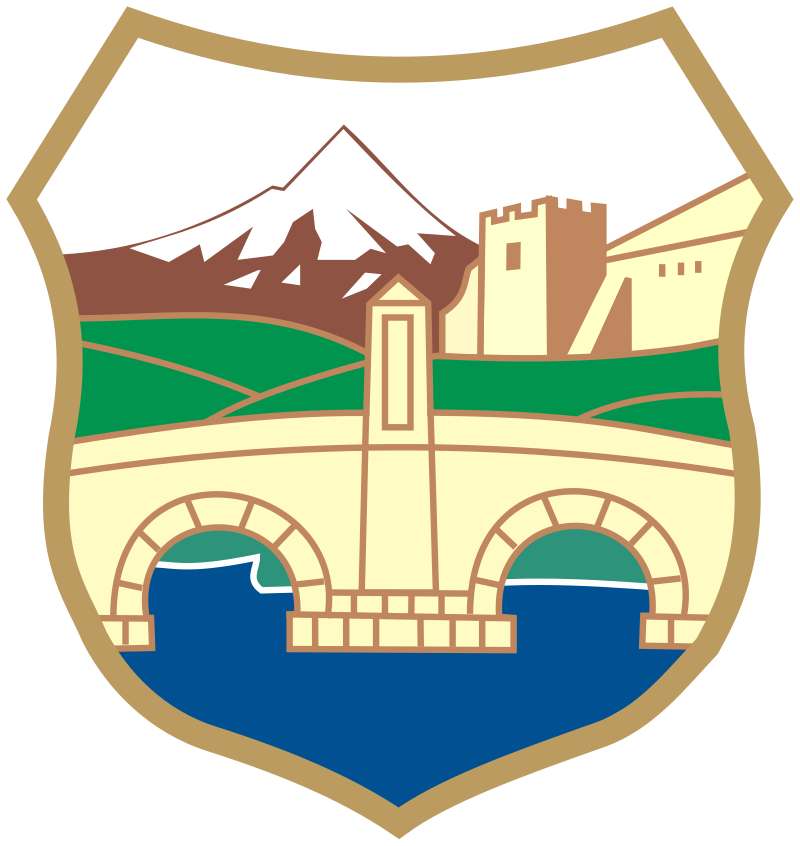
Skopje is the capital and largest city of the Republic of Macedonia — the administrative, political, economic, cultural, educational, and scientific center of the country. According to the 2021 census, Skopje has 422,540 inhabitants.
Through the centuries, Skopje has borne many names. In antiquity it was Scupi. Byzantine sources record it as Skopia, while the Slavs called it Skopie, Skopje, or Skoplje. During the reign of Tsar Samuil, Skopje became part of the Samuil Empire.
Archaeological evidence confirms that Skopje has been inhabited since 4000 BC.
The city was devastated by a powerful earthquake on April 28, 518. After this, Scupi is no longer mentioned, and the Skopje Valley received a new city named Justiniana Prima. On April 16, 1346, in Skopje, Stefan Dušan was crowned Emperor, and here he enacted the famous Dušan’s Code.
Skopje fell under Ottoman rule in 1392 and rapidly developed into one of the most significant cities in the European part of the Empire — a major craft and trade hub. In the 19th century it became a key transport node; the first electric lamp in Skopje lit up in 1909, powered by a small diesel generator for the city’s water station. On October 25, 1912, after 520 years, the Ottomans left; the next day the Serbian army entered the city.
In WWI, Skopje was occupied by Bulgarian and Austro-Hungarian forces; after the war it became part of the Kingdom of Serbs, Croats, and Slovenes. In WWII, Skopje was again under Bulgarian occupation until November 13, 1944, when Macedonian partisans liberated the city. After liberation, Skopje quickly grew into an industrial, cultural, and administrative center.
On July 26, 1963, at 5:17 AM, Skopje was struck by a 6.1 magnitude earthquake (IX on the Mercalli scale): 1,070 dead, 4,000+ injured, over 90% of buildings damaged, and more than 20,000 left homeless. The world responded — aid from 87 nations helped rebuild the city following plans by Kenzo Tange and Adolf Ciborowski. The old railway station, today the City Museum, bears a clock stopped forever at 5:17, a symbol of that dawn.
Every stone of the Stone Bridge, every turn through the Old Bazaar, and every sunset over Vodno tells the same story: Skopje is memory and future, resilience and hope. For the diaspora — wherever you live — Skopje lives in every photo, every song, and every childhood echo. Skopje is home.